Have you ever observed changes in your breathing when you’re anxious compared to when you’re at ease? The next time you’re in a relaxed state, take a moment to notice how your body feels. Reflect on your breathing patterns when you wake up in the morning or just as you’re drifting off to sleep. Breathing exercises can significantly influence your relaxation and overall bodily sensations.
Numerous studies have consistently highlighted deep breathing as one of the most effective methods to alleviate bodily stress. When you engage in deep breathing, your brain receives a message to calm down and relax. In response, the brain communicates this calming signal to the rest of your body. As a result, the symptoms of stress, such as elevated heart rate, rapid breathing, and high blood pressure, diminish. Let’s delve into what the University of Michigan Health has to share on this topic.







